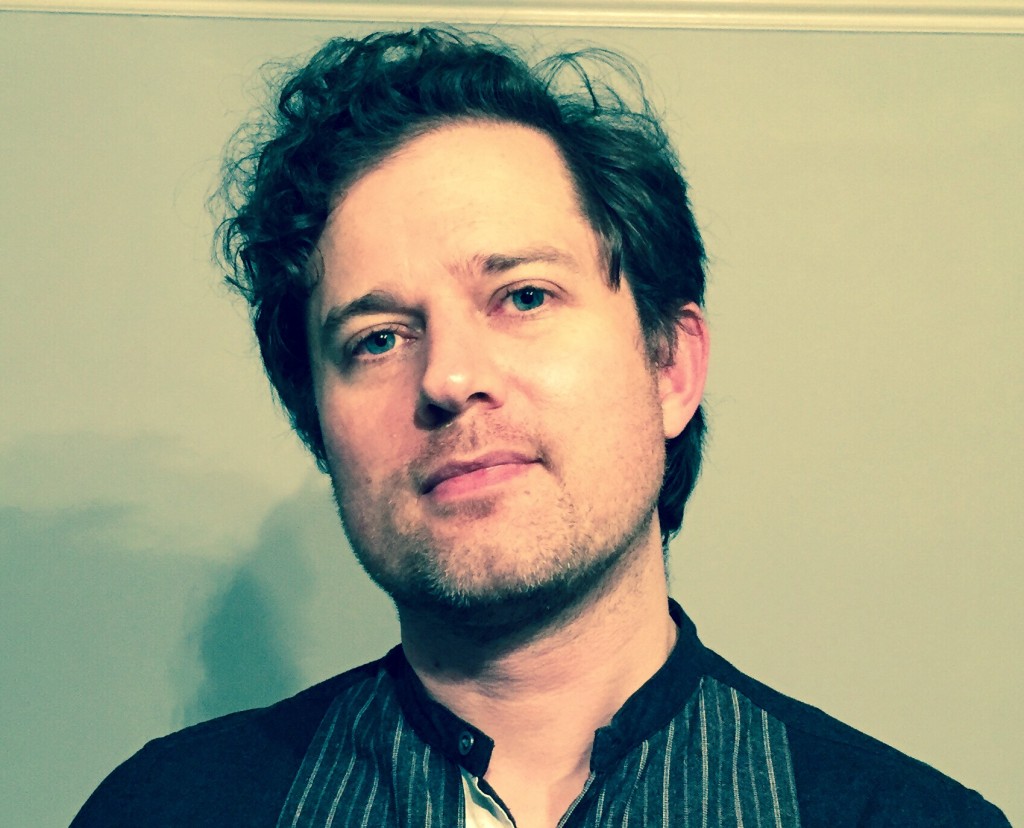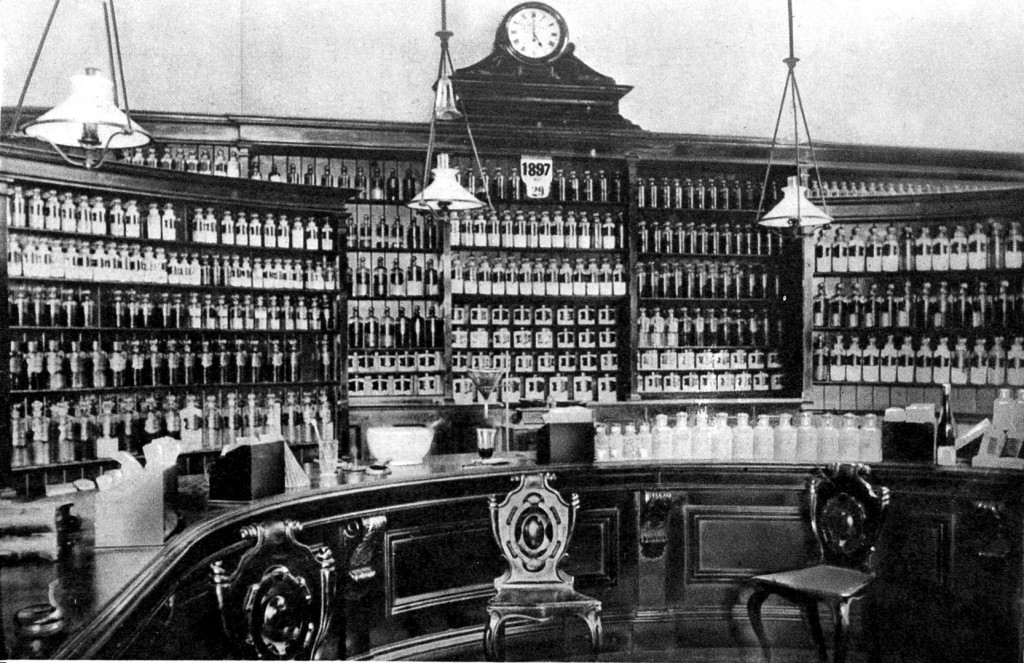The logic is simple. You legalise a substance, more people consume it, and consequently more people get addicted to it, or suffer negative health effects from using it. This seems obvious, one only has to look at the amount of people that consume alcohol or tobacco, the two substances we legally regulate, to see that they are consumed more than illegal drugs. Why, then, on health grounds, would anyone want to legalise cannabis?
And how, as the recently published independent expert panel report on cannabis regulation argues, can regulation be the most effective way of reducing addiction, psychosis, and other negatives often associated with cannabis use, including involvement in crime and poor school performance? We got in touch with Professor Harry Sumnall at the Centre for Public Health, Liverpool John Moores University, an expert in substance use and member of the independent expert panel that drew up the report to get to the heart of these concerns. As you may have guessed, the issues are more complicated than they first appear, much more.
The independent report, commissioned by the Liberal Democrats and subsequently adopted as its official party policy, to be presented in a Bill before parliament later this month, took as its starting point and ultimate aim the reduction of the health and social harms associated with cannabis.
“One of the fundamental ideas behind the proposed model of regulation was from a perspective of ensuring that as many harms as possible from cannabis use could be reduced.” Sumnall explains, “But it’s obviously a work in progress as well, so what is proposed in the report might not be the ideal solution, and we quite clearly state that this should be a cautious approach, an incremental approach, whereby we try new things that are tested, evaluated and modified.”
Regulate
Crucially, all policy recommendations had to be based on the most robust evidence, this was no place for dogma, unfounded theories or wishful thinking. What the report, and Harry, make painstakingly clear is that to legalise responsibly, you need to regulate, then reevaluate to see where you’re going wrong and readjust:
“It’s not as if we recommended we jump in with two feet and see what happens. And this is an irreversible change so it’s always important to test and evaluate that.”
One of the primary fears parents may have is the impact of regulation on young people. The report recommends restricting access of cannabis to those over 18, but as Harry explains, it also confronts the failures of the current system of prohibition:
“If we think about some of the threats to young people’s health specifically in relation to cannabis, problematic use is an issue: if we look at national treatment figures, the numbers of people presenting to treatment centres for cannabis related disorders have shot up over the last few years. And we know that accessing and using cannabis means that people are coming into contact with criminal organisations potentially. (Although as an aside we know that most young people access cannabis from their friends.)
“Further issues as well are concerns around mental health, dropping out of education et cetera. These are all real concerns, but they’re not addressed under the current approach that we have.”
This is in this context, then, that regulation should be viewed: it is not perfect, it cannot completely eliminate potential harms of cannabis use – that aim, although laudable, is impossible from a practical point of view. The power in regulation comes in its ability to tackle problems that our current system does not address, or in fact may even exacerbate.
“Some of those harms may be considered a direct result of the current drugs policy that we have, which almost entirely focuses on reducing supply and reducing access. What’s been proposed by the panel is to say, well, we can begin to address some of those harms, not all of them, but maybe there is a different system where we can begin to address some of those harms.”
…Strictly
This is where the strict regulation comes into play:
“We propose having a very limited range of cannabis products available for retail, carefully monitored contents, access to them is strictly regulated, so there’ll be age restrictions, […] there’ll be licensed vendors, who would have to undergo responsible vendor schemes, which would be rigorously enforced, and would also include harm reduction training as well, to look specifically around harm reduction, and young people could be included in that.”
But as Harry points out, the panel were not naïve about the realities of under 18s accessing cannabis, far from it in fact:
“One of the reasonable concerns, is that if you have age restrictions, say that only people ages 18+ can access cannabis, then of course we know that people like using cannabis at younger ages, so potentially there’s still going to be an illegal market. And that’s the situation we have with alcohol at the moment.
“One of the concerns that’s sometimes raised is therefore, will criminal organisations specifically begin to target younger people? If adults can now access cannabis through licensed vendors, or growing clubs, et cetera, will this mean the criminals will focus on young people?
“I don’t think that’s going to be a huge concern, there’ll still be a black market there, but if you actually look at the distribution of cannabis sales, the numbers of users, for example, it’s predominantly adult users. That’s where the profitability comes from currently. So young people’s usage, it’s higher than we perhaps like, but in terms of the profitability for criminal organisations, it’s going to be extremely low.
“So I don’t think […] that criminal gangs are exclusively going to focus on young people. And whilst there might be a grey or even a black market in cannabis – the diversion of legally bought cannabis products to young people – that exists in other sectors at the moment. Whether it’s cigarettes, whether that’s alcohol – any kind of goods where there’s age restriction – so there’s always going to be that, but I think it’s a vast improvement on the situation that we have at the moment where there’s absolutely no restrictions on young people accessing cannabis, apart from its illegal status.”
In fact, Harry suggests that regulation may even reduce the potential harms of cannabis still bought illegally, through diversion of less harmful strains, rather than the currently ubiquitous ‘skunk’:
“If young people are using cannabis that may be diverted – although we wouldn’t encourage that – then potentially their choices, the drugs they regularly use, or are initiated on, aren’t the high THC, low CBD ‘skunk’ strains, to use the generic term.”
So how might usage rates of cannabis be affected by regulation? Well, it depends. Taking evidence from the US as a guide doesn’t necessarily help either, Sumnall explains:
“In the US there’s data emerging at the moment which has moved in both directions, some suggesting there’s no change, some suggesting a useful decrease, some suggesting an increase. And I think it’s important to keep an eye on that, to keep a watch on that, to see what we can learn from the American experience, but we have to remember that they have a different system of regulation in place. In some of the states, there’s almost rampant commercialism, particularly with regards to the range of products, how they’re advertised, availability of those products, which is almost akin to the situation we find ourselves here with regards to alcohol.
“So I think inevitably there might be a small increase in use if we introduce this new regime in the UK, but that doesn’t inevitably mean that level of use may be sustained. We could continue on the downward trajectory, where levels of use have been decreasing for several years anyway.”
If that is the case, how what could do to prevent usage increasing? For that, Sumnall suggests we look to tobacco control as a guide:
“If we look at smoking for example, tobacco control has been a public health success story, particularly with young people. The numbers of young people picking up smoking these days has dropped dramatically, drastically, and that’s been through supportive, community-based campaigns, it’s not been through criminal justice actions and arresting young people, or giving them a criminal record. And changing attitudes towards [tobacco] smoking I think have also had an impact on rates of cannabis smoking.”
The report only goes as far as suggesting a regulated market for herbal cannabis, not broaching the topic of cannabis edibles, which caused such a headache for Colorado regulators. Access to these products would only be through cannabis social clubs. Sumnall suggests though that eventually regulating for these too may impact on current preferences people have for smoking cannabis over other forms of consumption:
“The panel recommended that smoking of cannabis shouldn’t be supported in any form, so by promoting [cannabis] vaping, we might support changing norms towards smoking [cannabis].”
Evaluate
But the question still remains: would any potential increase in use impact negatively on addiction rates and other health concerns? The answer again, it seems, is it depends. Portugal’s experience with decriminalisation illustrates the difficulties:
“When people discuss [decriminalisation] in Portugal in the early 2000s, many people who didn’t support what happened there have pointed to some data that shows an increase in young people’s lifetime use of cannabis.
“Yes that’s a concern, but that really doesn’t tell us much about whether those users are experiencing harm, whether they’re getting in trouble with the police, what’s their health and mental health like, they’re the really important things, and I’m concerned, perhaps more about those real health issues, rather than whether there’s an increase in people using cannabis once in the previous year.”
This is really the crux of the issue. Figures on lifetime use of cannabis, or use within the previous year, are blunt objects. While usage rates of cannabis may go up or down, a regulated system gives authorities far greater freedom to adapt their approach to tackle the specific harms with direct control over supply, evaluate how well different aspect of the system are working, and adapt their system to suit:
“There is always going to be a relationship with the number of people who use and harms at a societal level, but by having a different regulatory and legal response, you can begin to mitigate some of those harms anyway.”
Responses to calls for relaxing of cannabis laws from those working in front line treatments, in mental health and drug treatments services, have traditionally been muted. Here, Harry has another message, and again, the key is about providing solutions that simply cannot exist under the current system:
“I have a lot of respect for colleagues who work in mental health, who have real concerns about new presentations or existing patients who have mental health issues associated with cannabis use, but that has emerged because of the current regulatory system. Nothing that our current drug laws can offer can reduce those harms. So this new proposal, this new framework that we’re actually suggesting, about trying to regulate availability, focussing on some of these core issues is maybe a new way of addressing some of those legitimate concerns.”
“And the same would also be true of any concerns that people in drug treatment might have. So in and of itself yes, cannabis can be a drug of dependence, we mustn’t forget that, which is why treatment, harm reduction and prevention is still really important, but a lot of the harms associated with use are also associated with its illegality, and sorts of behaviours and lifestyles you have to engage in in order to maintain problematic patterns of use. So it’s complicated, but just to reiterate that the current approach doesn’t seem to have successfully address those harms that we acknowledge.”
Educate
What is evident talking to Harry is that regulation in isolation is only part of the story – whilst it tackles many of the harms directly through removal of the illegal market, it is not on its own a panacea. What it does allow for, though, is a much more intelligent attitude towards drug education, a vital factor that is often overlooked in conversations about regulation. A rethink of drug education and prevention strategies is a necessity under a change to a regulated market, as the traditional refrain of ‘drug are bad because they’re illegal and vice versa’ can no longer be sung. This is the time, Harry points out, to start getting clever with our education strategies:
“Historically those areas have received bad press, there’s been an assumption that prevention and education don’t work, and I think that’s largely because they’ve been focussed on the wrong questions, the wrong outcomes, and also maybe the approaches haven’t been based in science or theory. But increasingly, we’re having a much better understanding about what works and why things work. So actually we can make some quite good recommendations about what sort of prevention and education initiatives should be introduced.”
The key is to start simple, and early, he says, “Most of the evidence is saying initially we should have quite generic skills-based approaches, so not specifically focussing on cannabis use or cocaine or ecstasy or even drug use in itself, particularly at earlier ages, whether that’s primary school, teenage years, it’s focussing on generally life skills, health skills. Providing people with health literacy, so to speak. And that potentially has an impact across all different life domains, whether that’s risk taking, drug use, alcohol use.
“Even at 5 years old you can begin to talk about medicines, begin to talk about how medicines can potentially harm your body, you can understand why people take medicines.”
This approach would integrate education about drugs into a wider health education, rather than treating it as a separate issue to be tackled in teenage years:
“Providing that general, solid foundation of health literacy and health skills, then where need has been identified, you can being to develop more specialised drug-related skills. That might be in response to specific evidence needs, whether that’s on an individual level or a sub-population level, or in a particular community there may be concerns. Then you can focus on very specific prevention and education messages around cannabis.”
This advice, Harry and the panel report recommend, does not just have to come through formal education. “We should seek to use every opportunity we could to talk about cannabis and provide very pragmatic, useable, developmental and experientially appropriate advice around cannabis. So this could be in schools, for example, where the need has been identified, but also where cannabis is being retailed, whatever platform it is.”
It is these innovative approaches to education that could be instigated that Harry is keen to stress. “One of the really nice emerging evidence based around so-called ‘normalisation approaches’, or ‘denormalisation approaches’. So one of the biggest predictors about whether somebody uses cannabis or other drugs, for example, is they think all their friends, or in society as a whole, a large proportion use cannabis or whatever drug they’re interested in.
“Actually, you can provide education around that by giving correct values of use, and say, “well actually the majority of people don’t use cannabis, it’s just used by a minority”. There’s emerging evidence which suggests that’s a good approach for supporting not using.”
One of the challenges posed by regulation is how to frame drug education, once society has accepted a drug as acceptable in some contexts. Harry notes that it can no longer be “focussed on the fact that it’s illegal, and that you might get into trouble,” but instead suggests “shift the focus onto health and behaviours – good mental health, maintaining friendships, doing well in school, those sort of things. So you will have to subtly shift the messages as society takes a different perspective towards drug use.”
Starting the discussion
It’s clear that, from a public health perspective at least, the report is careful not to put a foot wrong, or recommend anything can could be viewed as socially irresponsible. Despite this, media sources were quick to pick up on the £500,000 – £1bn tax windfall the report estimates would be generated merely as a fortunate byproduct of the regulatory framework. This misrepresentation in the media led to the public health benefits of the framework being overlooked, Sumnall laments.
“If you looked in The Sun, the way they reported on it was ‘Billion pound bong bonanza’, something like that. That was really disappointing actually, as the report actually said this is not about revenue generation, this is a way to support public health approaches and support users.”
Harry acknowledges that not everyone is a fan of the framework laid out by the report though. “Some of the responses to the report from pro-reformers have been quite negative as well, particularly those that take a more libertarian perspective.” Its highly prescriptive stance on the strength and variety of retail products, limits on home growing and dependence on government regulators all coming under criticism.
There are of course a multitude of models through which cannabis could be regulated, all with pros and cons, but they are certainly not all created equal. The report notes that it is just a starting point for policy change and that were it to become a reality, as the Lib Dems hope, there would need to be plenty of further discussions on the specifics. But surely, knowing what we do about the harms of those drugs we do regulate, alcohol and tobacco, which could be reduced were we only to adopt a few simple public health-based initiatives, one thing is clear: Any sensible discussion on regulation has start first and foremost by making public health the priority.
Harry Sumnall is Professor in Substance Use at the Centre for Public Health, Liverpool John Moores University. He is a member of the Advisory Council on the Misuse of Drugs, and Board Member of the EU Society for Prevention Research, although the views expressed in this article are provided in a personal capacity and do not represent those organisations. Tweets @profhrs
Dr Henry Fisher is the Policy Editor of VolteFace. Tweets @_Hydrofluoric
Read Christopher Snowdon’s critique of the Lib Dem panel report on cannabis regulation.





